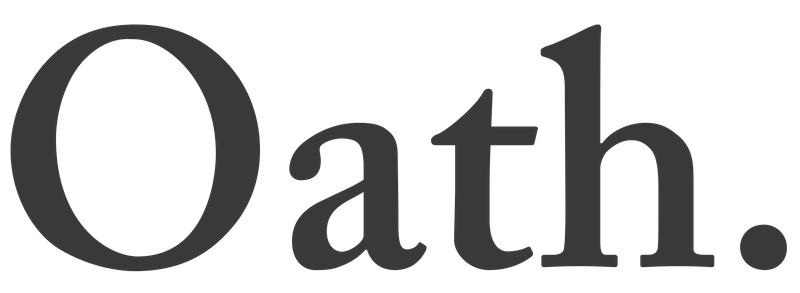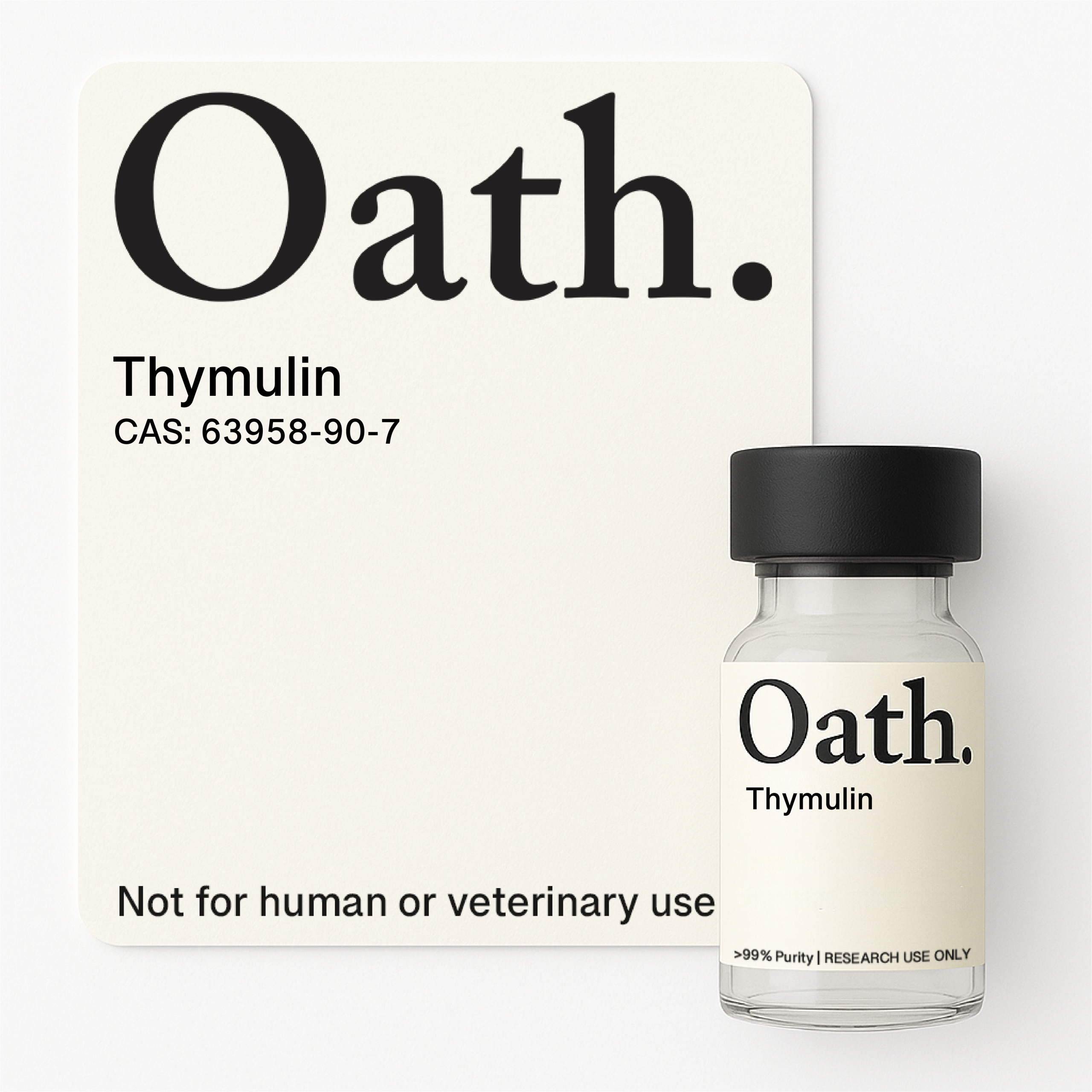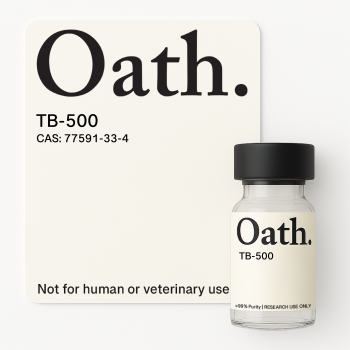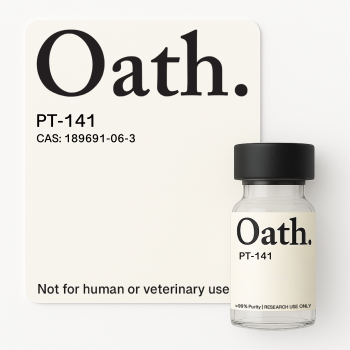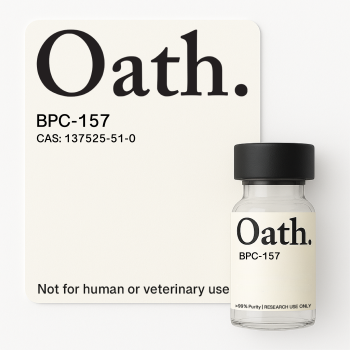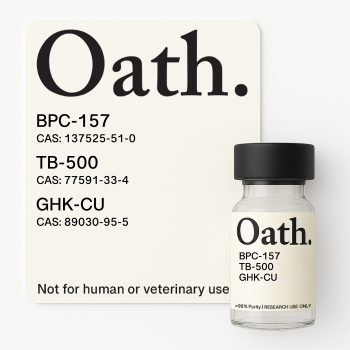Research suggests thymulin offers powerful immune system support. This unique zinc-dependent peptide from the thymus gland helps T-cells mature and function properly while regulating natural killer cell activity. Studies show thymulin reduces inflammation and may protect brain health by lowering oxidative stress. Scientists have found it supports immune recovery and balanced cytokine production. This 9-amino acid peptide requires zinc to work effectively, making it a fascinating subject for immunity and anti-aging research.
2 Day FAST Shipping
99%+ Purity Tests
Ships from Gilbert Arizona
USA Lab Tested
Free bacteriostatic water with every order.
